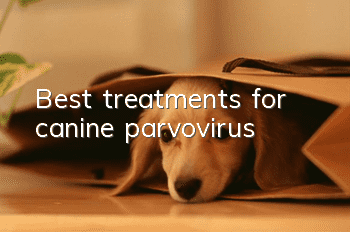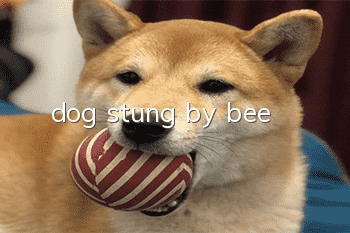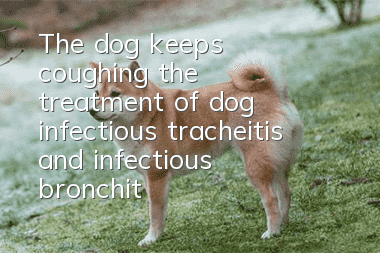Best treatments for canine parvovirus

The best treatment method for canine parvovirus:
1. Give your dog plenty of water. Dogs will lose a lot of water due to vomiting and diarrhea, and will become dehydrated. The best way to replenish water is through intravenous drip. There are individual cases where hydration treatment is not required, but this method is not recommended for all owners.
2. Anti-inflammation for dogs. Anti-inflammation is to prevent secondary infection, mixed parvovirus from enteritis type to myocarditis type, or any other inflammation, so anti-inflammation is very necessary. Anti-inflammatory drugs include ceftriaxone sodium and metronidazole injection.
3. Anti-vomiting for dogs. Because it is not practical to stop diarrhea, antivomiting is very important. Once the dog does not vomit within 48 hours after taking the medicine, he can drink water. Once he drinks water and does not vomit, he can eat a small amount. So antivomiting is a must. Metoclopramide hydrochloride injection can be used to stop vomiting. If it cannot be stopped, directly upgrade to veterinary antiemetic.
4. Keep the dog warm. Dogs are just like people. Most of the food we eat is converted into energy to maintain body temperature. During the course of minor treatment, you cannot eat for at least three days or up to ten days, so keeping warm is particularly important. Once it is too cold and your body temperature is lost, the next step is organ failure and death is inevitable.
5. Prevent acidosis. Because the dog does not eat or drink, the stomach will secrete a large amount of gastric acid. If the gastric acid secretion is not suppressed and alkaline liquid is not injected, it will cause acidosis, which can also be fatal. Omeprazole and sodium bicarbonate injection are available for injection.
6. Inject parvovirus monoclonal antibody and interferon. The monoclonal antibody is an upgraded version of serum. Generally, one pill can be used on a 5kg dog.
7. Inject immune globulin or transfer factor, which can improve the dog’s resistance.
8. Blood transfusion therapy has a good therapeutic effect on this disease, and it is combined with traditional Chinese medicine conditioning.
Precautions when treating canine parvovirus:
1. Be sure to avoid food and water, because some parents may not keep their dogs in the hospital all the time. You may only be taken for injections every day. Then it must be noted that during the treatment process, the dog must not eat or drink.
2. Parvovirus is not a difficult disease to treat. On the contrary, the earlier the disease is treated, the success rate is very high. If the owner finds any abnormality in the dog, he must send it to the doctor in time.
3. The owner can accompany the dog during infusion and comfort him gently. The dog’s own will to survive is also very important.
- What are the basic training programs for Teddy dogs? You will gain a lot after reading this!
- Is the hair on the Golden Retriever’s nose bald due to licking? The Golden Retriever’s nose is losing hair!
- Precautions and adverse reactions of dog vaccinations
- The best time to train Corgi dogs, you need to learn how to do it!
- Purebred Pomeranian Characteristics
- What should dogs eat after giving birth? Pay attention to your dog’s postpartum diet!
- What does a dog's bared teeth mean?
- Is it effective to give gentamicin to dogs who vomit?
- Can dogs eat lychee meat?
- How to care for your dog after neutering surgery



